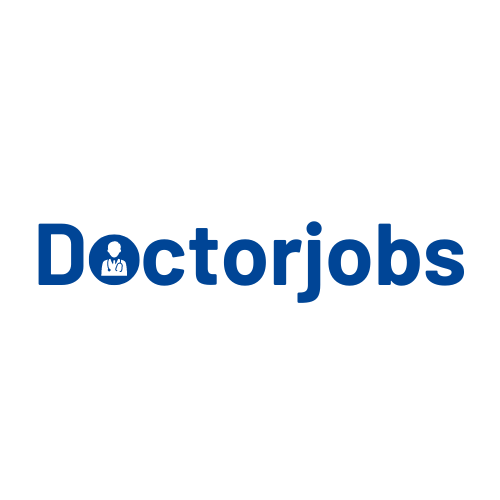In the competitive world of healthcare, your resume is your first opportunity to impress potential employers. A well-crafted resume can make the difference between landing an interview and being overlooked. In this blog post, we’ll guide you through the steps to create a standout healthcare resume that highlights your skills, experience, and qualifications.
1. Start with a Strong Summary
Your resume should begin with a strong summary that provides a snapshot of your professional background and key qualifications. This section should be concise and tailored to the specific job you’re applying for. Highlight your years of experience, areas of expertise, and any special certifications or achievements.
Example Summary: “Compassionate and dedicated registered nurse with over 7 years of experience in critical care settings. Expertise in patient assessment, care planning, and emergency response. Certified in Advanced Cardiac Life Support (ACLS) and committed to delivering high-quality patient care.”
2. Highlight Your Clinical Experience
In healthcare, your clinical experience is one of the most important aspects of your resume. List your work history in reverse chronological order, starting with your most recent position. For each role, include your job title, the name of the organization, and the dates of employment. Under each entry, provide bullet points that describe your key responsibilities and achievements.
Example: Registered Nurse, Intensive Care Unit
XYZ Hospital, City, State
June 2018 – Present
- Provide comprehensive care to critically ill patients in a 20-bed ICU.
- Collaborate with a multidisciplinary team to develop and implement individualized care plans.
- Monitor vital signs, administer medications, and perform advanced procedures such as intubation and central line placement.
- Educate patients and families on treatment plans and post-discharge care.
- Recognized with the “Nurse of the Year” award for exceptional patient care in 2022.
3. Include Relevant Certifications and Licenses
Certifications and licenses are crucial in healthcare and should be prominently featured on your resume. List any relevant credentials, such as Registered Nurse (RN) license, Basic Life Support (BLS), Advanced Practice Registered Nurse (APRN) certification, or any specialty-specific certifications. Include the issuing organization and the date of certification.
Example: Certifications and Licenses:
- Registered Nurse (RN), State Board of Nursing, License #123456
- Basic Life Support (BLS), American Heart Association, Expires June 2024
- Advanced Cardiac Life Support (ACLS), American Heart Association, Expires June 2024
4. Emphasize Your Skills
In addition to your clinical experience, your skills are a key component of your resume. Create a dedicated “Skills” section where you can list both technical and soft skills. Focus on skills that are relevant to the job you’re applying for, such as patient care, medication administration, EHR proficiency, teamwork, and communication.
Example: Skills:
- Patient Assessment and Care Planning
- Medication Administration and Dosage Calculation
- Electronic Health Record (EHR) Management
- Critical Thinking and Problem-Solving
- Patient and Family Education
- Team Collaboration and Leadership
5. Tailor Your Resume to the Job Description
Each healthcare job is unique, and your resume should reflect that. Carefully review the job description and tailor your resume to match the qualifications and requirements listed. Use similar language and keywords from the job posting to demonstrate that you’re a strong fit for the role.
6. Keep It Professional and Error-Free
Your resume should have a professional appearance, with a clean and organized layout. Use a standard font, such as Arial or Times New Roman, and keep the font size between 10 and 12 points. Ensure that your resume is free of spelling and grammatical errors by proofreading it thoroughly or having someone else review it.
7. Include Volunteer Work and Extracurricular Activities
If you have relevant volunteer experience or have participated in extracurricular activities that demonstrate your commitment to healthcare, be sure to include them on your resume. This can provide additional insight into your dedication to the field and your willingness to go above and beyond.
Example: Volunteer Experience:
- Health Clinic Volunteer, ABC Free Clinic, City, State
January 2020 – Present
Assist with patient intake, provide health education, and support clinic operations during community outreach events.
Conclusion
A well-crafted healthcare resume is your ticket to standing out in a competitive job market. By highlighting your clinical experience, certifications, skills, and accomplishments, you can create a resume that showcases your qualifications and makes a strong impression on potential employers. Remember to tailor your resume to each job application, and always strive for clarity, professionalism, and attention to detail.

